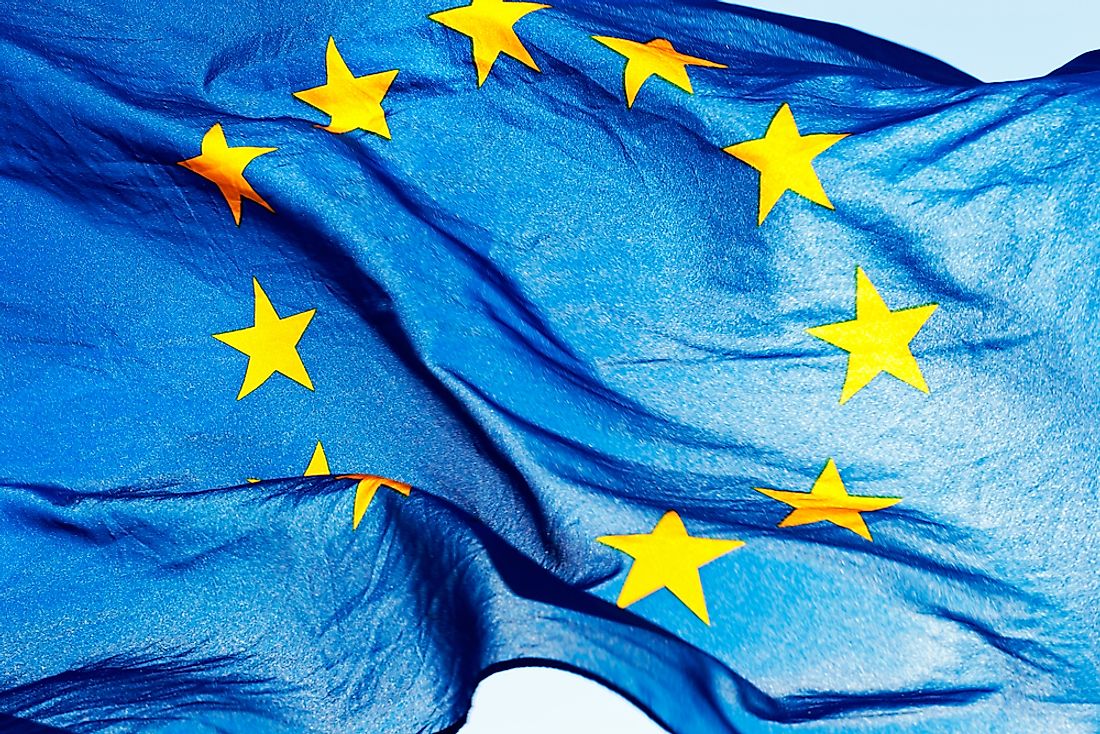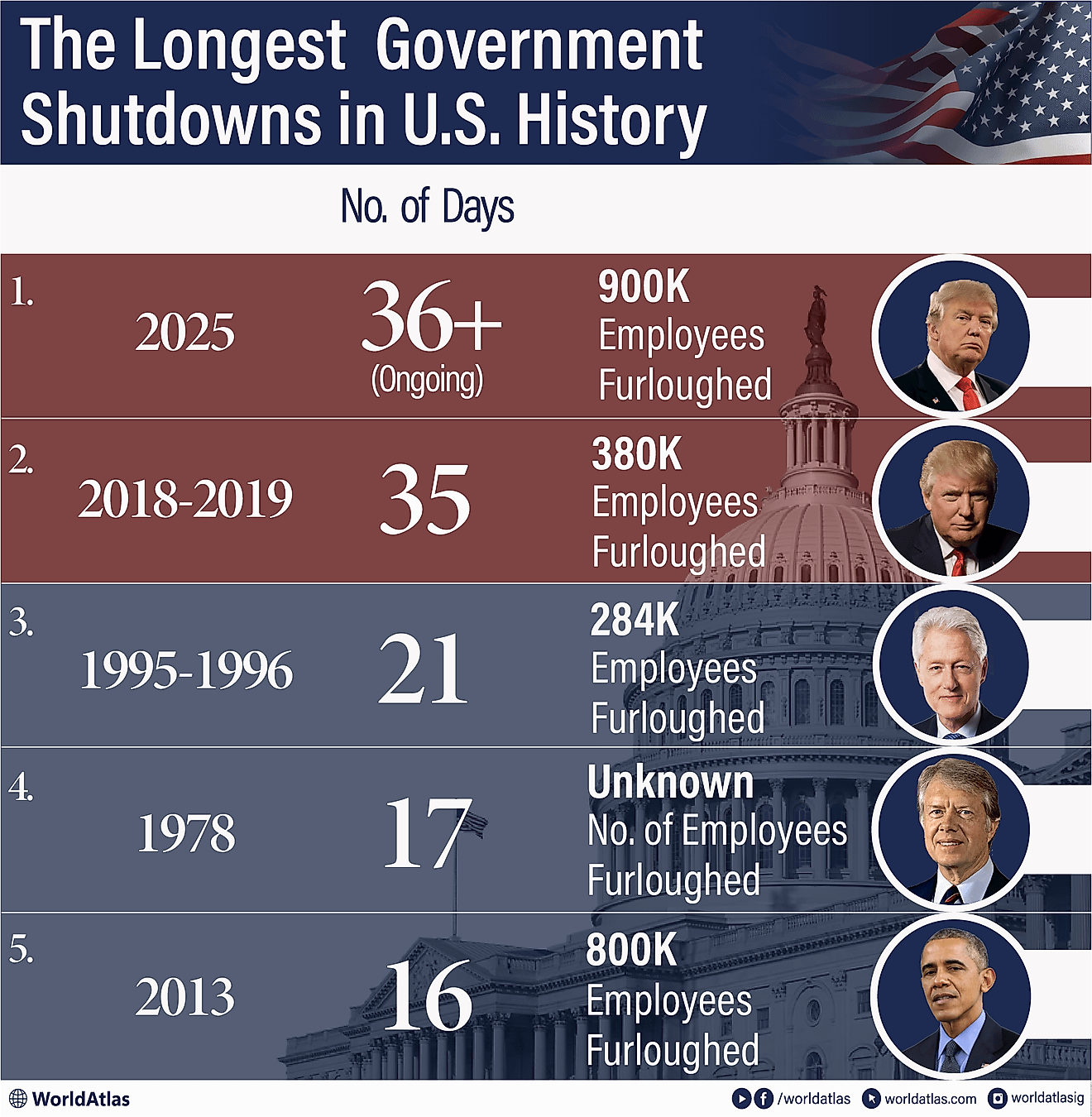The Copenhagen Criteria: What Makes A Country Eligible To Join The European Union?

For a country to be eligible to become a member of the European Union, the country is required to be a European country. The classification of a country as European is based on political factors and not purely geographic position. The European Council is mandated with the role of politically assessing the European classification of any interested state. Therefore, any of the 50 sovereign states in Europe are eligible to join the European Union. These states are, in alphabetic order; Albania, Andorra, Armenia, Austria, Azerbaijan, Belarus, Belgium, Bosnia, Bulgaria, Croatia, Cyprus, Czech Republic, Denmark, Estonia, Finland, France, Georgia, Germany, Greece, Hungary, Iceland, Republic of Ireland, Italy, Kazakhstan, Latvia, Liechtenstein, Lithuania, Luxembourg, Republic of Macedonia, Malta, Moldova, Monaco, Montenegro, Netherlands, Norway, Poland, Portugal, Romania, Russia, San Marino, Serbia, Slovakia, Slovenia, Spain, Sweden, Switzerland, Turkey, Ukraine, United Kingdom and The Vatican.
However, while non-European countries are disqualified from eligibility to join the EU, there are some international arrangements that allow such countries to integrate with the European Union to some extent. One such arrangement allows non-European states to use the Euro as the official currency in their respective economies. Another arrangement is through the provisions of the European Neighborhood Policy which was established as a means to bring Europe closer to its neighbors through offering financial assistance and the tariff-free access to EU markets to countries which are near the EU member states’ territories. Russia is the only member of the European Union exempted from the European Neighborhood Policy arrangement mainly due to its large territory. Some non-European countries which enjoy the privilege include Algeria, Tunisia, Egypt, Libya, Burundi, Bahrain, Qatar, Lebanon, Jordan, Bahrain, and Israel. The European Non-EU member countries under the agreement are Ukraine, Georgia, Azerbaijan, Moldova and Ukraine and all come together under the “Eastern Partnership” (so named because most the countries lie east of the EU).
Political Criteria For Joining The European Union
The next criterion used to assess the eligibility of a country seeking to join the European Union is the political criteria. While making the assessment, the European Council analyzes a country’s political scene through the presence of a functioning democracy, the protection of human rights, the rule of law and the protection of and respect for minorities. The protection of human rights is of great importance if a country is to be considered to become a member of the EU. The definition and composition of these human rights are those listed in the Universal Declaration of Human Rights by the United Nations. The protection of human rights has led to some eligible countries to make major systematic changes in their respective governmental functions to be in line with the EU’s requirements. Articles in the European Convention on Human Rights of 1953 is another treaty used when establishing the protection of human rights in a country. The rule of law is the other political criteria used by the European Council, and it states that the government’s authority can only be exercised in line with written laws which follows an established procedure in their adoption. Any country seeking to gain membership into the European Union is also required to have a functional democracy whereby all eligible citizens are allowed to equally participate in making political decisions at all levels of governance. Such a functional democracy is required to have a free press, freedom of personal opinion, and free trade unions.
Countries are required to conduct free and fair democratic elections through a secret ballot, and participating political parties should not be hindered by the government from discharging their mandates. The respect for minorities is another yardstick used for checking the eligibility of a country. Countries seeking to become EU member states are required to protect and respect their national minorities. This provision was established during the Framework Convention for the Protection of National Minorities, but the convention was vague on the definition of a “national minorities” which led to EU-member countries to make official declarations of their respective definition of national minorities. The political criteria are also used when analyzing the countries under the European Neighborhood Policy eligible for receiving financial support from the EU. Countries which are deemed to contravene the stipulated provisions of the European Union on protection of human rights, the presence of a functioning democracy and the protection of national minorities, receive no support from the EU.
Economic Criteria For Joining The European Union
The next benchmark used in the assessment of a country seeking membership into the European Union is the country’s economy. The economic criteria used by the European Commission is largely focused on the type of economy a country has in place, with a market economy being the required economy by the commission. Many sectors of the economy of such countries are analyzed to ensure that they are in line with the requirements of the EU. The European Exchange Rate Mechanism, as well as the Euro Convergence Criteria, outline the economic conditions that eligible countries should meet. The two agreements are used to facilitate the country’s monetary transition from its official national currency to the Euro. Five points are of key interest in a country’s economy, and these are the exchange rate stability of its currency, the long-term interest rates, the government budget deficit, HICP inflation and the government debt-to-GDP ratio.
Legislative Alignment
The last criteria used to analyze a country’s eligibility to acquire EU membership is the legislative alignment. In legislative alignment, countries are required to pass legislation which is in line with the laws which govern the European Union.











